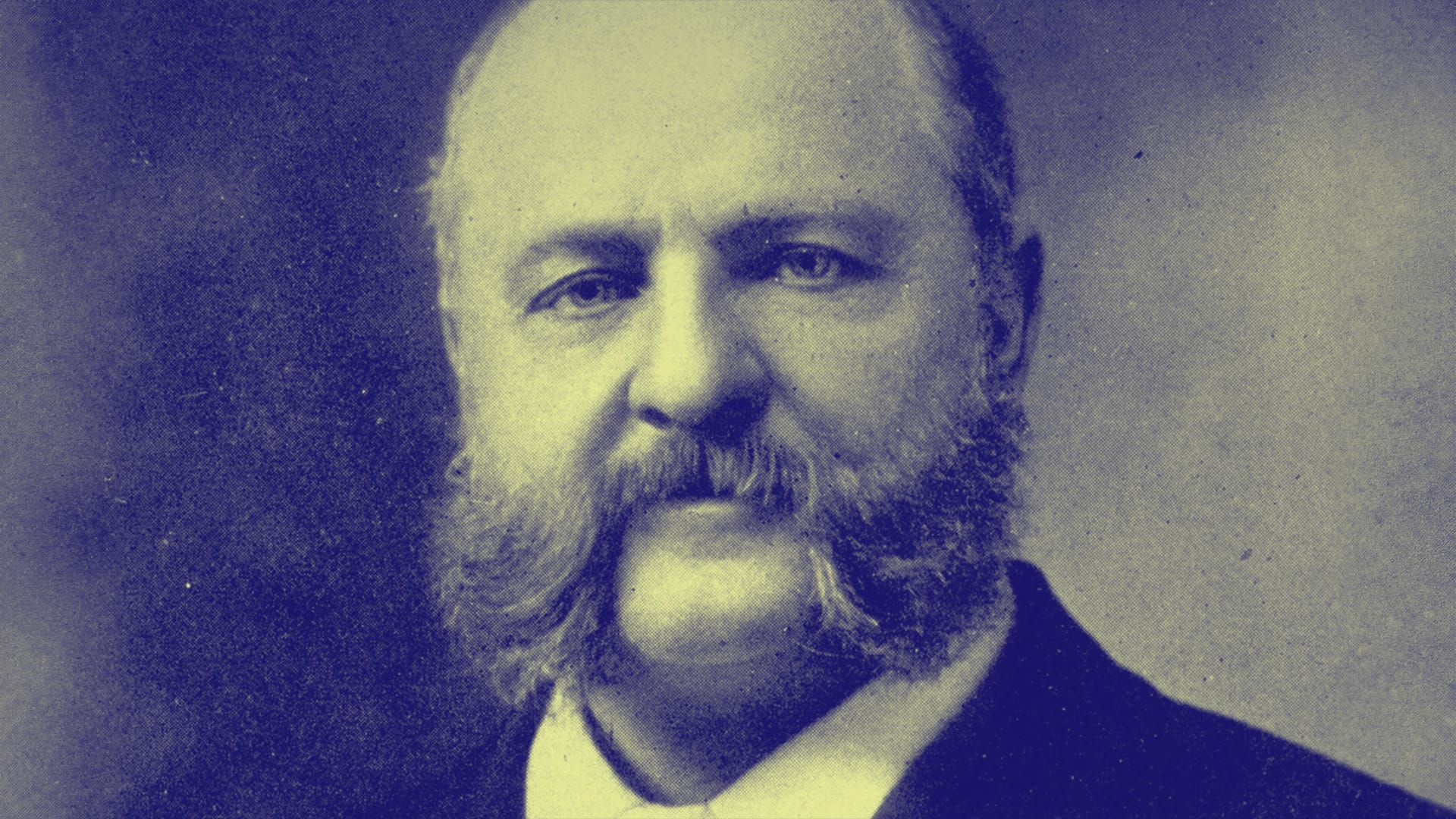The Potential Role of the Comstock Act in a Trump Reelection
Utilizing the Comstock Law represents a strategic opportunity to protect the unborn on a national scale.

In the ongoing national debate about abortion, one possibility that has gained attention is the potential for a national abortion ban under a future Trump administration. A crucial tool in this scenario could be the little-known but historically significant Comstock Law, which provides a viable legal pathway for such a prohibition. This strategy is already being planned by conservative groups, but it faces opposition from Senate and House Democrats through the proposed Stop Comstock Act.
The Comstock Law, passed in 1873, is a set of federal statutes that criminalize the distribution of "obscene" materials, including information related to abortion and contraception. Named after its primary advocate, Anthony Comstock, this law aimed to uphold public morality by preventing the dissemination of what were considered indecent materials. Although many aspects of the Comstock Law have been dormant for decades, its provisions remain on the books, offering a potential legal framework for regulating abortion.
Should former President Donald Trump be reelected, his administration could leverage the Comstock Law to enforce a national abortion ban. Here’s how: The Department of Justice, under Trump-appointed leadership, could reinterpret the Comstock Law to apply more broadly to modern forms of abortion provision and information. By expanding the definition of "obscene" materials to include abortion-inducing drugs and informational content about how to procure an abortion, the administration could significantly restrict access to abortion nationwide. Federal prosecutors could target individuals and organizations that distribute abortion pills or provide information on how to obtain an abortion. This includes online platforms, mail services, and telehealth providers, effectively crippling the infrastructure that supports abortion access. With a Supreme Court potentially leaning more conservative due to Trump-appointed justices, there is a higher likelihood of judicial support for such measures. The Court could uphold the broad application of the Comstock Law, reinforcing its validity and applicability in the context of abortion.
Utilizing the Comstock Law represents a strategic opportunity to protect the unborn on a national scale. The Comstock Law has historical roots in protecting societal morals and the sanctity of life. Reviving its enforcement aligns with these long-standing values and offers a legally sound method to restrict abortion. A national abortion ban would ensure consistent protection for the unborn across all states, preventing the patchwork of laws that currently exist and ensuring that pro-life principles are upheld uniformly. By targeting modern methods of abortion dissemination, such as telemedicine and online resources, this approach adapts historical legislation to contemporary challenges, effectively closing loopholes that have allowed abortion access to persist despite state-level restrictions.
In response to these plans, Senate and House Democrats have proposed the Stop Comstock Act, aiming to repeal or significantly limit the reach of the Comstock Law. This legislation seeks to prevent the use of the Comstock Law as a means to restrict abortion.
Critics, such as Reason magazine, argue that using the Comstock Law to enforce a national abortion ban is an overreach of federal power and an infringement on personal freedoms. However, pro-life advocates should counter these points by emphasizing the federal government’s role in protecting the most vulnerable members of society—the unborn—and the moral imperative to uphold the sanctity of life. Moreover, the judicial system has a duty to interpret existing laws, like the Comstock Law, in ways that reflect the values they were meant to reinforce.
In conclusion, a Trump reelection could open the door to a national abortion ban through the strategic enforcement of the Comstock Law. This historic piece of legislation, long dormant, holds significant potential to reshape the landscape of abortion access in America. From a pro-life perspective, this approach not only aligns with moral and ethical principles but also offers a pragmatic solution to protecting the unborn on a national scale. By leveraging the Comstock Law, a future Trump administration could take a decisive step towards a more life-affirming nation. However, this effort faces significant opposition from Senate and House Democrats and even some RINO elements, who are actively working to counter these plans through the proposed Stop Comstock Act.






